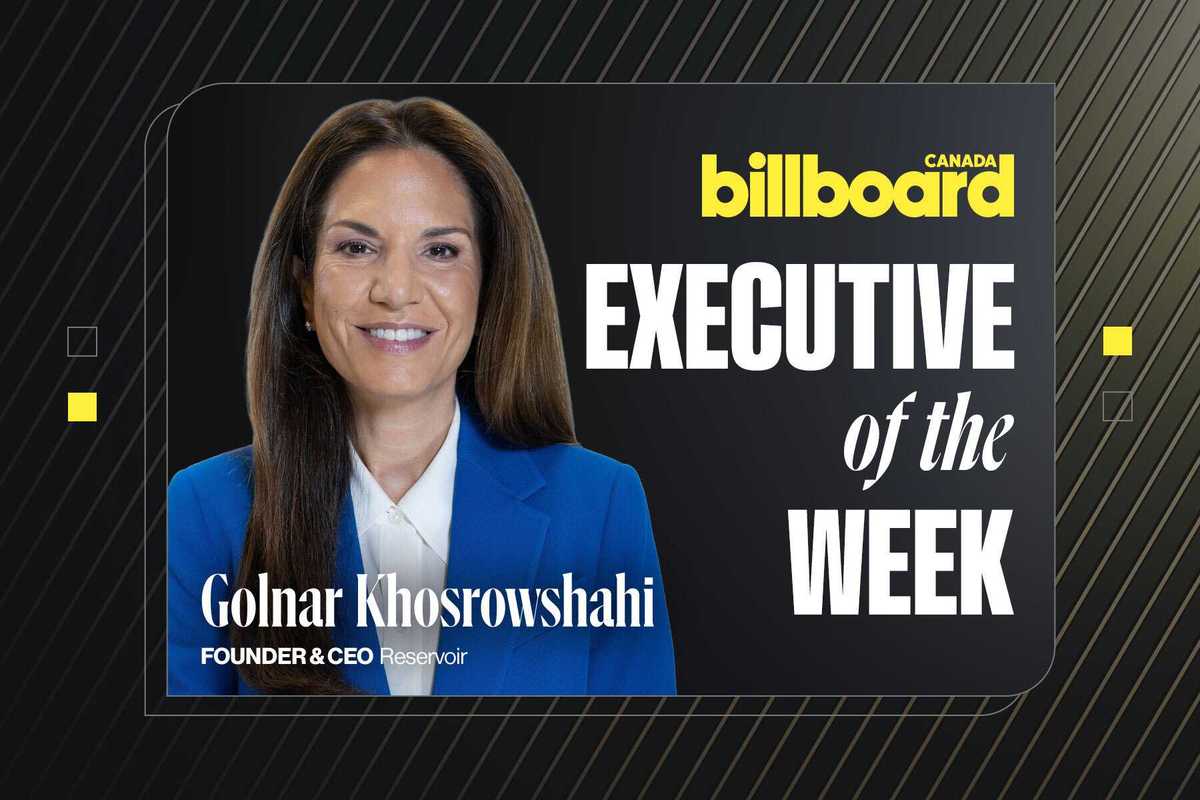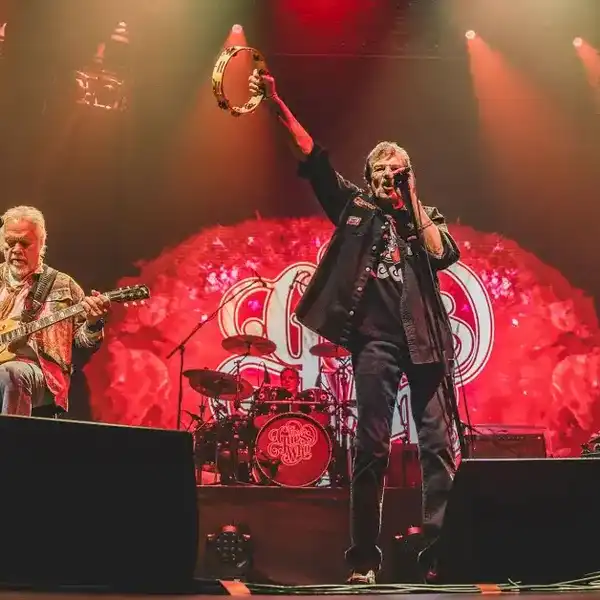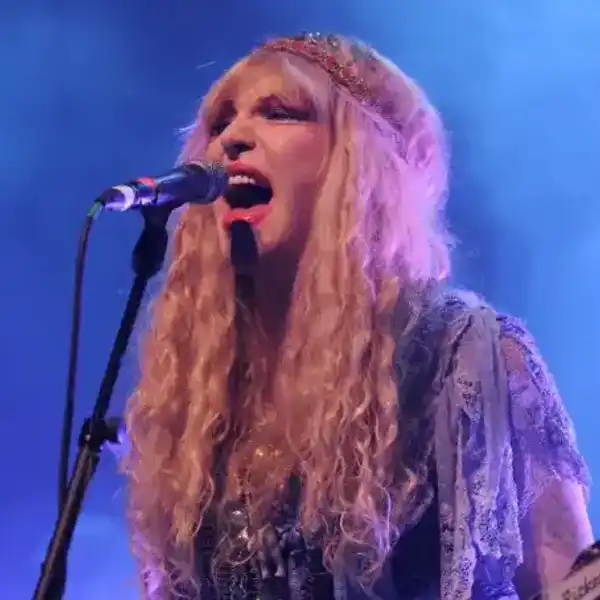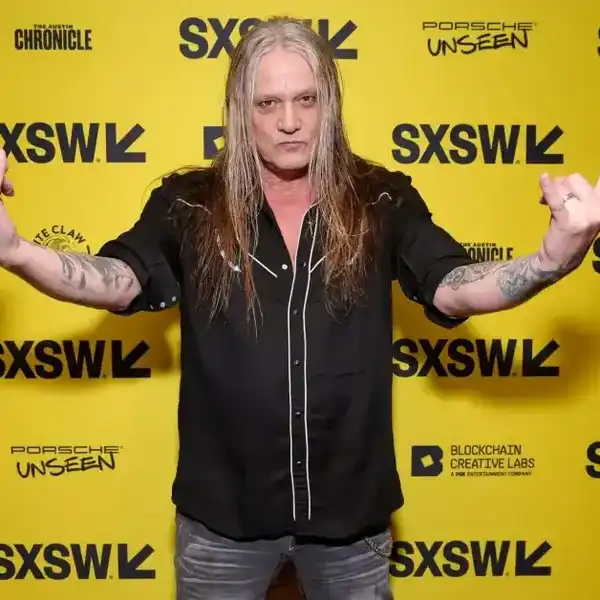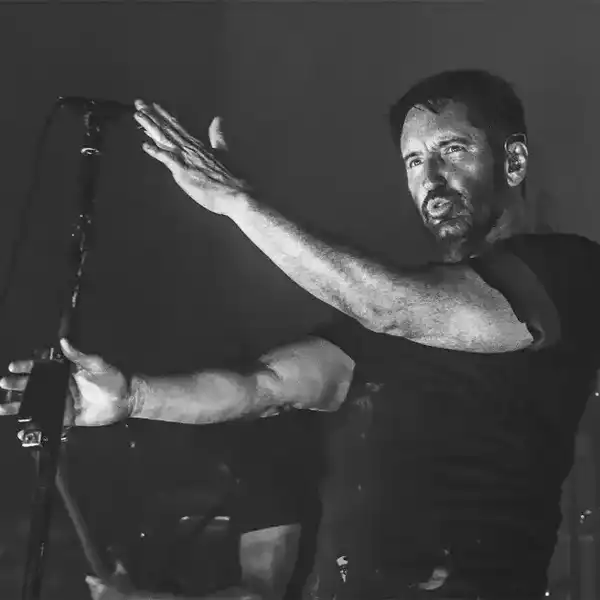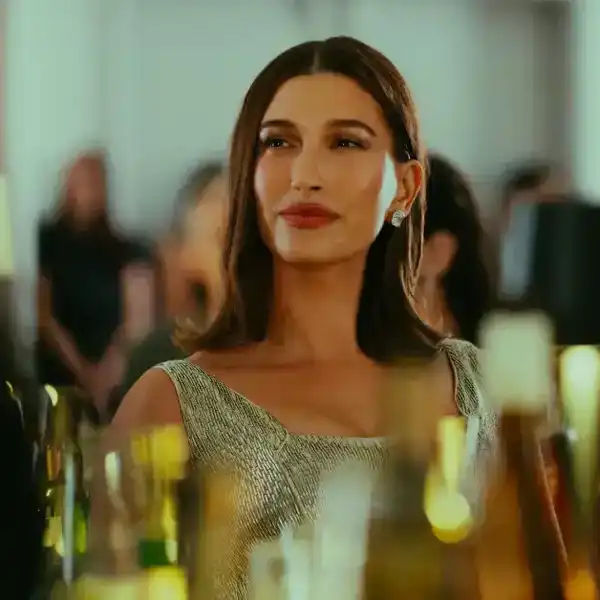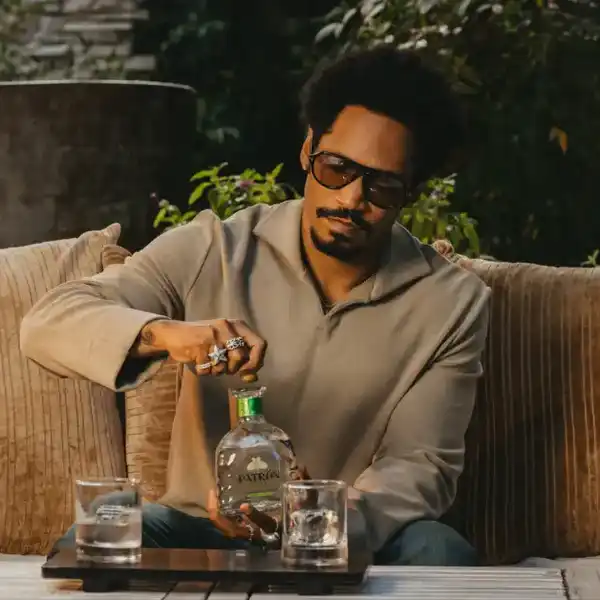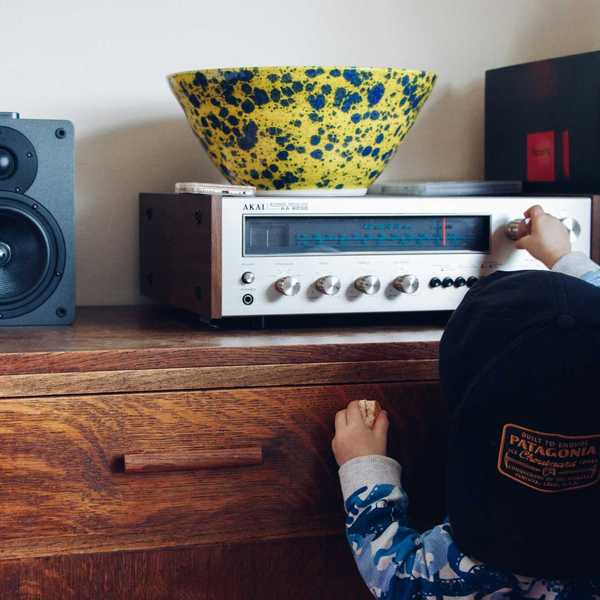A Conversation With.. Gord Bamford
The past few months I’ve had the privilege to speak with Brett Kissel, Johnny Reid, Kristian Bush, Jason McCoy and now, Gord Bamford. Damn, these men are so nice and confident and concerned about their careers and audience. It addresses the fact that country music is still the “people’s” music. Enjoy.
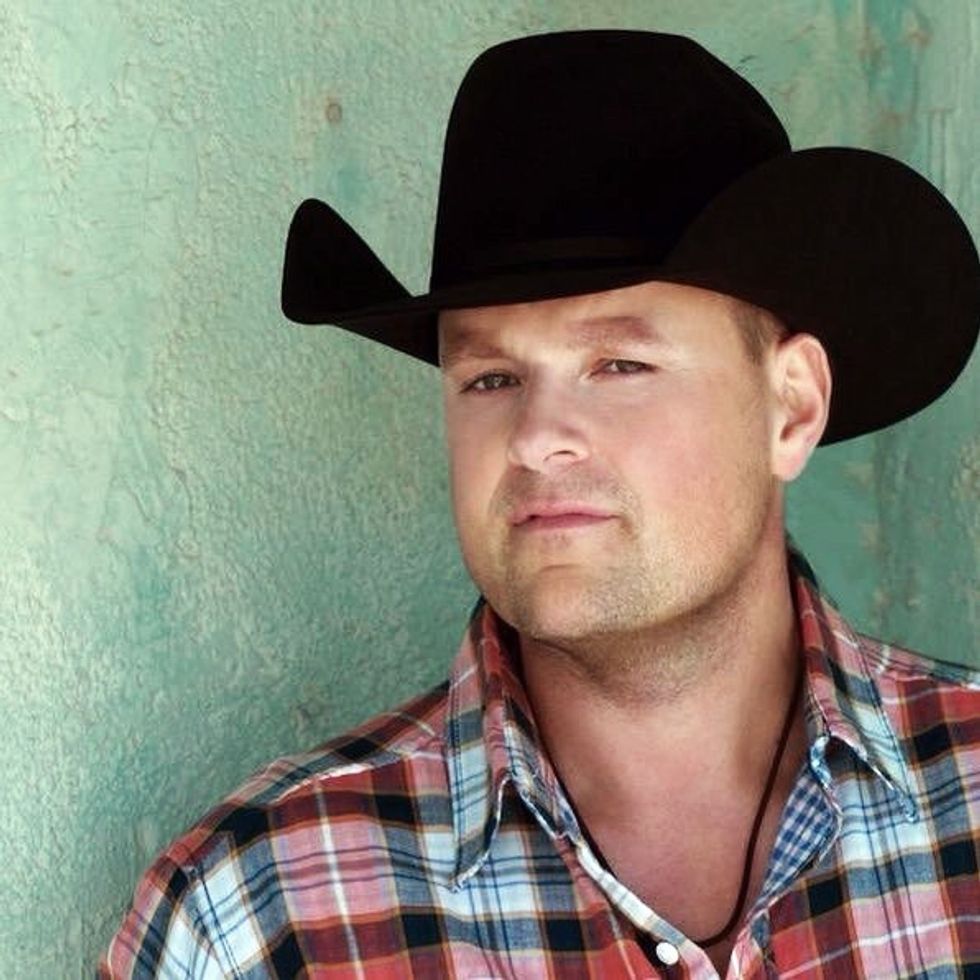
By Bill King
At one time, nearly every roadside diner sported a jukebox. Early on, a nickel would suffice and, depending if you were downtown or between towns, the music would vary. This is where you got your country music education. Those old Seeburgs with the booming bass filled cafes and pit-stops with a big sound and the DJ? The person with pockets loaded with nickels. Replays were constant.
This is where you memorized the lyrics to “Make the World Go Away” – “Stand by Your Man” – “Okie from Muskogee.” Nobody paid much attention, only when you slip a play in that didn’t meet the standards of the eatery. Depending on the time of day, George Jones could make a good man cry in his beer.
The past few months I’ve had the privilege to speak with Brett Kissel, Johnny Reid, Kristian Bush, Jason McCoy and now, Gord Bamford. Damn, these men are so nice and confident and concerned about their careers and audience. It addresses the fact that country music is still the “people’s” music. Enjoy.
January 24th, you kick off the Neon Smoke tour in Brampton, Ontario, which runs three months.
We are stringing dates pretty close together with few days off. We are excited to kick it off in Brampton. We’re going back to the soft-seat theatre type idea which has been successful for us. We’re excited about it.
You’re close to the audience and this time of year is perfect to warm up to people.
For sure. Every musician’s dream is to sell-out arenas. We tried that the last time, and it’s been pretty tough as a Canadian competing against a Florida Georgia Line coming a week after you. For me, I enjoy the smaller venues more. It’s exactly as you say; it’s a little more intimate. The venues out in Ontario are maybe an hour and a half apart. There are beautiful soft-seaters. We had a chance to play them a couple of years ago, and they were awesome.
You can pace your shows. You don’t have to be running at a frantic speed.
That is so true; you can hear everything so well. You’re not beating up your voice every night. The pace is a little bit more laid back. It’s probably my favourite thing to do.
It takes so long to become a hard-ticket act. That’s what everyone who’s getting into music must understand. I’ve been at it for fifteen years and finally know that we can sell a thousand tickets a night. People are coming to watch your show and singing your songs, and you are interacting with them. That’s the ultimate goal of the singer/songwriter. For me, it’s seeing people getting into to it – embracing my songs and music.
I guess if you look at the near past, the guy who knew how to do this and build from the bottom up was Garth Brooks.
He sure did. He still does it today.
I had a chance to meet Garth and spend a bit of time with him. He’s just an amazing guy.
I told him my story and he said, “you know what? – it’s kind of a mini version of what I do”. It kind of is. I kind of model myself after those guys. I read his book. Him and George Strait. The approach that Garth has to the business. The success he’s had is very genuine and very real. I think that’s why people love him most. That’s what I try to do.
My songs are very basic and simple and seem to relate to all facets of life. Now that we’ve been able to connect with that fan base, you want to make sure you please them, cater to them and continue to grow it.
It’s been so good for me to wake up every day and make a good living at what I love to do. It’s been fun watching all of the artists in Canada make a run for it. Canadian music is as strong as it’s ever been. It keeps guys like me on my toes and I think I just made the best record of my life and am excited about that.
You must have been pumped seeing Shania Twain perform at the Grey Cup.
I did. It was real Canadian with the snow and Shania.
I always go to Grey Cup events. You never know what will happen in the CFL and when you get snow in the middle, anyone can win. The fact that they weren’t kicking converts made it quite a game.
Snow levels the playing field. I read where the Argos went into half-time, changed shoes and wore shorter cleats.
You would expect a snow game like that in Calgary rather than Ottawa. It was quite a game.
Your mom was a country singer.
My mom’s Canadian and she grew up in a little town not far from where I’m living.
My mom and dad divorced when I was four. My dad’s an Aussie and I grew up in Alberta. The last couple years I’ve been able to go back to Australia. I had a number one single called “Tin Roof”. We are finishing the Canadian tour and I’ve got a week home then I head to Australia for four weeks. Going back there has been nice. I reconnected with my dad after twenty years. It’s been tough for me but a good thing when it comes down to my father. They’ve embraced the fact I was born in Australia and it’s kind of a neat market to be part of.
When you reflect back on Australia’s connection with country music you find names like Slim Dusty, Smokey Dawson, Tex Morton, and Buddy Williams. There were the flavours of American country and Celtic and this extra ingredient, the “bush ballad.” There was the beauty of the Australian way of life in the lyrics coloured with the difficulties of growing up in the various regions.
That’s true. I used to listen to the Slim Dusty stuff. There’s a guy there now who is the Garth Brooks of Australia named Lee Kernaghan. I listened to his stuff years ago and it’s kind of what you are talking about. It’s a small world. I’m managed by his manager and got to know Lee and we’re set to do some things together. They’ve been helping me get my foot in the door there.
It’s a great industry and comparable to Canada. It’s smaller, but some great artists live there.
With any artist, it’s usually the music finds them. What was it? A Willie Nelson or as you mentioned a George Strait?
I was a huge Merle Haggard fan. For me, he’s the tops. It was one of the saddest days of my life when Merle passed. I love the way he wrote songs; the simplicity and how they spoke to people. As you can see today, his legacy will live on forever. There’s also George Strait and Alan Jackson. I think country music has gotten quite diverse over the last number of years; which I think has been very good for it. Country music has brought in a lot of different listeners. A Luke Bryan fan likes a Merle Haggard or a George Strait song. Fans of Florida Georgia Line will love a Gord Bamford song.
I grew up on more of the traditional side of it. I’ve tried to maintain that as much as I can. I make sure the production of my music is radio-friendly enough for the times we are in.
As kids, some of us hung around the jukebox. A roadside diner where you had the option to play Johnny Cash, “A Boy Named Sue,” and you’d scan the room and see the faces of those dining and know this music is a soundtrack to their lives. Loretta Lynn, George Jones, Porter Wagoner – they were easily recognizable. I’m wondering if it’s more difficult to discern which artist is which today?
One-hundred-percent. It’s funny you say that. When I was getting started, I was compared to Garth Brooks or George Strait and I wanted to find a niche for myself. You know, when people can turn the radio on and hear and say, that’s a Gord Bamford song. I think I’ve been able to do that and it is true everything sounds the same. It seems the long-life legacy artists are unique and there’s nobody like them. It’s probably the toughest part as an artist to establish. It’s something I’ve worked very hard on and I couldn’t agree more.
Tell us about the recording Neon Smoke, and when is it coming out?
We put out “Living on Summertime” and “Ain’t it Grand” which will be included and the album is already up for pre-sale. It comes out on Jan. 19.
I had a great time making the album. It was a record I had my hands on from A to Z. Eighty-five to ninety percent of it was recorded in Canada. I worked with Phil O’Donnell again on it. I wrote a good chunk of stuff on the record and also went out and found some good songs. It’s essential always to record the best songs. I’m going out on the limb for this and say it’s the best recording I’ve ever made. I think the label is quite excited about it and we have some great plans for it.
When planning the recording did you consider tempos, keys, mood so there wasn’t a sameness to things?
Not really. I laid the album out and thought the days of EPs are really strong right now. You can talk about albums not selling, yet some artists are still selling well. I put fifteen songs on this album because I wanted my fans and those who will become new fans to understand who I am. I want to take them on a journey. From one to fifteen, these songs will probably explain a bit more what I’m all about.
There are some ballads, mid-tempo and up-tempo songs and some material country radio probably won’t play because it’s too country. There are tracks right down the middle of what’s going on. I wanted to make sure if people bought off iTunes or a Wal-Mart they were going to get value for their money. I want to take people through the life of Gord Bamford. I kind of went backwards from what the trend is now. It’s kind of what we do.
If you could have sat with anyone in country music and shared a beer, who would that have been?
I’ve been so lucky opening for George Strait and Brooks and Dunn and I spent some of my favourite times with Reba McEntire on her tour. It would probably be Merle. That would be the end all and be all for me. I got to play on Don Williams' shows before he passed. I sat beside his wife every night and talked and Don said four words to me afterwards. He knocked on my door said, “Gord, it was great.” That’s all he said.
I would have loved to meet Merle and chat with him. To sit down and pick some tunes with the “Hagg” would have been – well, I could have died after that and gone to heaven.

